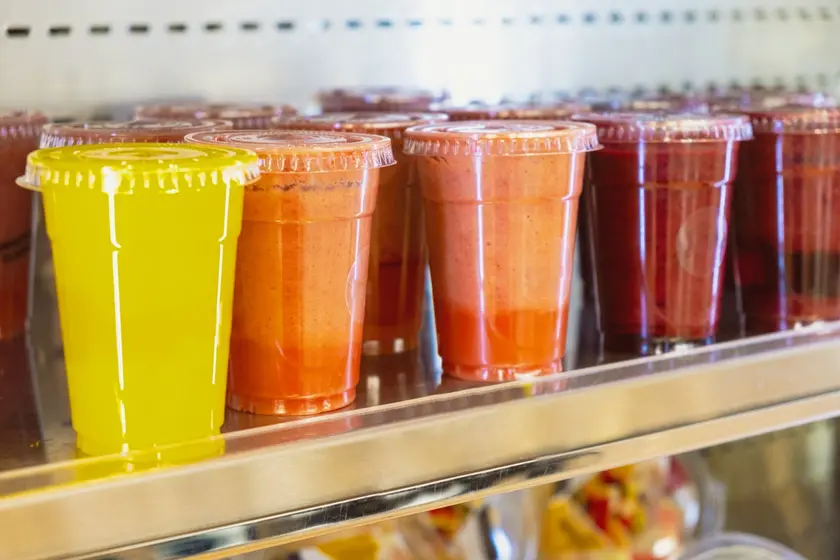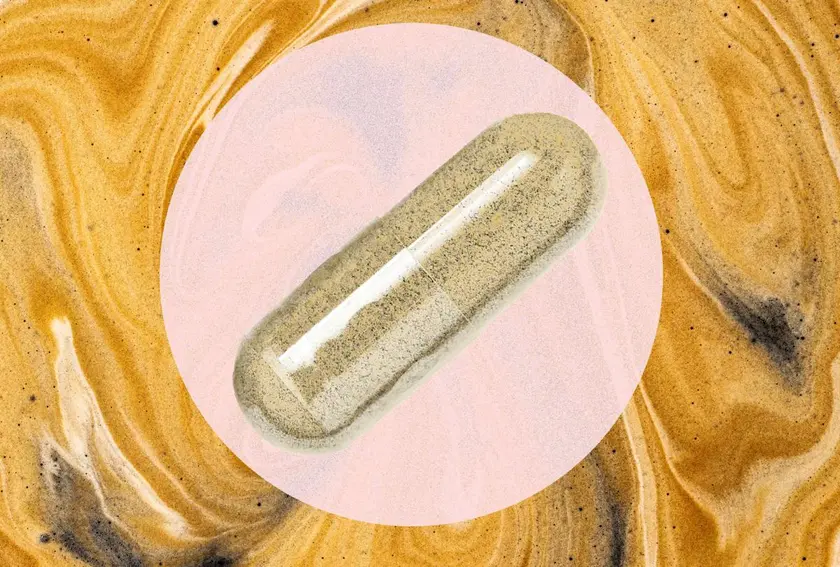T4K3.news
Nutritionists warn about matcha and iron deficiency
Excessive matcha consumption may lead to iron absorption issues, especially for vegetarians.

Nutritionists warn vegans and vegetarians are at a higher risk of iron deficiency from drinking too many matchas.
Nutritionists alert about potential health risks of excessive matcha consumption
Matcha, a vibrant green tea known for its health benefits, is gaining popularity worldwide. However, health experts caution that excessive consumption of this drink can lead to an iron deficiency, particularly among vegetarians and vegans. Nutritionists highlight that the polyphenols in matcha, while beneficial for heart health and reducing inflammation, inhibit iron absorption in the body. This can be especially concerning for those who rely on plant-based sources of iron, such as lentils and tofu. Research shows matcha’s high catechin and tannin content can bind to non-haem iron, reducing absorption significantly. Experts suggest that those at risk, especially if they have existing iron deficiencies, should be cautious about their matcha intake at mealtimes.
Key Takeaways
"It can reduce iron uptake by up to 50 percent."
Professor Kuhnle explains the significant impact of matcha on iron absorption.
"If you are vegan or vegetarian, you might want to avoid drinking matcha with your meals."
Rob Hobson advises caution for those reliant on plant-based iron sources.
"You don’t need to worry if you have a balanced diet."
Rob Hobson reassures that a balanced diet minimizes potential issues with matcha.
"An iron deficiency can cause tiredness and heart palpitations."
The NHS describes the symptoms associated with low iron levels.
The rise of matcha as a superfood reflects a broader trend towards health consciousness and wellness culture. However, as with many health trends, it brings hidden risks. The potential iron absorption issue could disproportionately impact vegetarians, leading to increased awareness of diet choices when consuming popular health drinks. It raises an important consideration: while many seek health benefits, they may inadvertently ignore nutritional balance. This situation reveals a critical intersection of health trends and dietary education.
Highlights
- Too much matcha can lead to iron issues, especially for plant-based eaters.
- Balance is key; enjoy matcha but be mindful of iron absorption.
- Your matcha habit could put your iron levels at risk.
- Health benefits may come with hidden nutritional costs.
Risk of iron deficiency from excessive matcha consumption
Nutritionists express concern that drinking large amounts of matcha may lead to iron absorption issues, particularly for vegetarians. This could result in significant health problems for those at risk of iron deficiency.
The conversation around health drinks like matcha continues to evolve as more research uncovers their effects.
Enjoyed this? Let your friends know!
Related News

Vitamin Absorption Can Be Affected by Coffee Consumption

Experts question value of trendy wellness smoothies

Pharmacists warn about coffee and supplements

Nutrition experts warn about everyday foods

Many Older Adults Suffer Undiagnosed Anemia

Coffee impacts nutrient absorption, experts warn

Growing rates of vitamin B12 deficiency reported in the UK

Vegan diet linked to fatigue due to nutrient gaps
